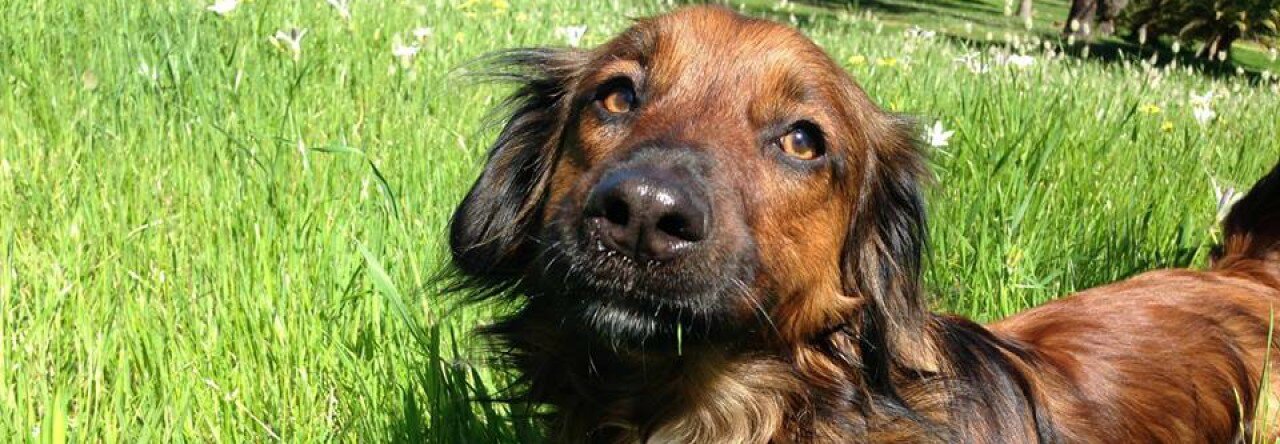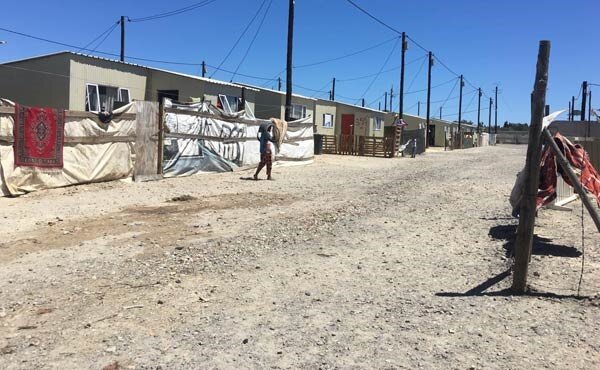I am thinking about stories, telling them, remembering them, listening to them, sharing them and even being in them. They are my work, blood, passion and entertainment.
And, I want to write about them. I am writing lots of stories at the moment, but none are in first person, even though everything I write is informed by me. But I also just want to write about my stuff. So this is a true story about last night.
I pitched up at my friend Leonard just before 6pm. He lives close to town, and we were waltzing off to What if the World gallery in Buiten Street to an exhibition opening. We decided to walk; something I don’t do often, especially in the evening.
We did a brisk trot down Long Street; avoiding looking like tourists and the accompanying people who have a long story of their own about why you need to help them.
The gallery lights spilled down the ramp way/steps of what used to be where people drove their cars for fixing. It’s a gorgeous clean space, with levels and grey floors, and special gallery lights. Pink bubbles were served in short stylish cylinders. Brilliant and provocative art (from white men) bounced off the walls and filled the spaces and were viewed by a slick, chic and exceptionally gorgeous segment of Cape Town’s white art viewers. I had a moment of feeling I was in Norway.
Then we scurried further down Long Street to Church Street for another exhibition opening; a friend of a friend’s friend. Another space, this time darkly lit with the focus on the finest lined drawings by Marsi van der Heuwel. I liked the tiny lines.
We crossed the pedestrian road to AVA. At last. Actual black people; both artists and attendees. I fell in love with Nkosinathi Quwe‘s work; huge brilliant paintings depicting rituals. This is what he says about himself and his work. “Nkosinati Quwe is a painter who considers himself a visual messenger carrying the ancient story of the people – telling stories that have been told before, but from his perspective…”
Upstairs I got sucked in to watching a video installation. I think the artist was Mexican. A man collected bricks from rubble, built a kind of wall, made wooden squares, set them on fire, then smashed the wall. I became entranced with the sounds. For the first time I understood the weird and pervasive contemporary phenomenon of the people who make those brushing, licking, scratching videos – ASMR – autonomous sensory meridian response.
Then, from the balcony I played a delicious mime game with a toddler on the ground floor. We pretended to throw and catch things to and from each other. We laughed.
Leonard and I spilled back onto the street and walked with purpose, ignoring the woman who needed me to get her milk and bread for her toddler please mam, not for me mam, but for my child. The irony was not lost. We entered the safe and most absolutely Cape Town Royale Eatery; for me a vegan burger, and for Leonard a bunless meat but no carbs option. The irony was further not lost.
It was a huge and delicious meal. I was so glad to have been there after such a long time. Afterwards I said to Leonard that we would have to run up the road I was so stuffed full. We started a brisk walking jog. A big black man shouted out “Easy!” I told Leonard, “I think he thinks we are afraid of him.” On the next corner another young black man approached us. “Hey, why did you guys run? Are you scared? Are you Jewish? I can see you are Jewish!”
It was Tebogo, a young Sotho man from the North West. We chatted on the corner, getting to know each other. We explained our full tummies, and he explained his love of Jewish people. Leonard and I also had to explain that we weren’t a couple. It was a complicated, confusing, fabulous and fresh chat; on the corner of Kloof and Rheede.
I jumped into my car. Talk radio was all about fynbos. I switched off so I could listen to the world while I drove. I was remembering what Leonard had reminded me of; the Chinese scientists who had come to Sutherland, known for its pristine skies and also for its quiet, so they could listen to the sound of the world turning.

 It was a no brainer that I would march on Tuesday with many other Capetonians who are horrified by the atrocities committed by the state of Israel and its IDF against Palestinians. I was emotional about being one of the few South African Jews who were there, but committed to holding a section of the SAJFP banner. As we traipsed across the patch of rapidly greening grass to gather in Kaizersgracht Street we walked past these people in these tents and I got hysterical about land again.
It was a no brainer that I would march on Tuesday with many other Capetonians who are horrified by the atrocities committed by the state of Israel and its IDF against Palestinians. I was emotional about being one of the few South African Jews who were there, but committed to holding a section of the SAJFP banner. As we traipsed across the patch of rapidly greening grass to gather in Kaizersgracht Street we walked past these people in these tents and I got hysterical about land again.
 I eavesdropped on a casual conversation between two white Woodstock residents who were ignoring their dogs’ poo in the park. They were ‘ventilating’ the notion of social and affordable housing in Woodstock and they were kinda whinging about why Woodstock had to ‘get social housing’. ‘Why them, where they live and have recently spent a total and absolute fortune on their newly revamped old Victorians or built from scratch mixed development apartments?’ is what I think they were getting at. And I thought about the people, mainly tenants, who had had to make way for these revamps, and those who had been evicted to make way for the snazzy developments that show only white people in their artists’ impressions. What interested me more than their ignorance and short memories was that they saw absolutely no irony in the fact that Woodstock had been a social housing and affordable option up until they had moved here.
I eavesdropped on a casual conversation between two white Woodstock residents who were ignoring their dogs’ poo in the park. They were ‘ventilating’ the notion of social and affordable housing in Woodstock and they were kinda whinging about why Woodstock had to ‘get social housing’. ‘Why them, where they live and have recently spent a total and absolute fortune on their newly revamped old Victorians or built from scratch mixed development apartments?’ is what I think they were getting at. And I thought about the people, mainly tenants, who had had to make way for these revamps, and those who had been evicted to make way for the snazzy developments that show only white people in their artists’ impressions. What interested me more than their ignorance and short memories was that they saw absolutely no irony in the fact that Woodstock had been a social housing and affordable option up until they had moved here.